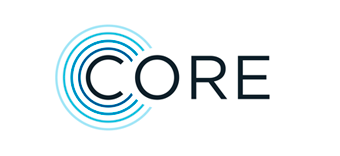Joint fact-finding (JFF)
In joint fact-finding, parties with different interests, values and factual beliefs work together to jointly define the problem and their knowledge needs to address the problem, review existing knowledge and commission further studies, and finally discuss the findings. While the aim is to create a shared knowledge base, one outcome of JFF can also be a better understanding of areas of scientific disagreement and uncertainty. The JFF teams are assisted by relevant experts as well as skilled facilitators who help to structure the collaborative inquiry and ensure a constructive dialogue throughout the process. In CORE, ideas of JFF are used e.g. in the case study on citizen energy dialogue.
Citizen science
Citizen science refers to the involvement of citizens in some area of scientific work. Citizens have a role as active agents in producing new knowledge or innovations, not merely as objects of research. Citizen’s voluntary contribution to research can take different forms. Typically, citizens volunteer to assist professional researchers by collecting data, such as monitoring water quality or collecting specimens. Citizens can also take part in crowdsourced data processing tasks, for example, analysis of photos or digitizing. Furthermore, citizens can play a role in the formulation of common research questions or interpretation and exploitation of research results. The knowledge of professional and volunteer researchers can be complementary: scientific methods can be used in researching locally relevant questions, such as mapping environmental risks. Knowledge about local conditions and geography can help focus research activities on relevant areas or identify key social impacts. Citizen science may promote co-operation between various types of knowledge-producers and users, such as NGOs, universities, research institutes, governments and business. It can make research more open and socially relevant and improve its quality. However, these outcomes depend on the methods used to implement citizen science. CORE explores and develops the use of citizen science as a collaborative means to societal transformation.
Policy dialogue
Citizen juries
Interactive knowledge brokering strategies
